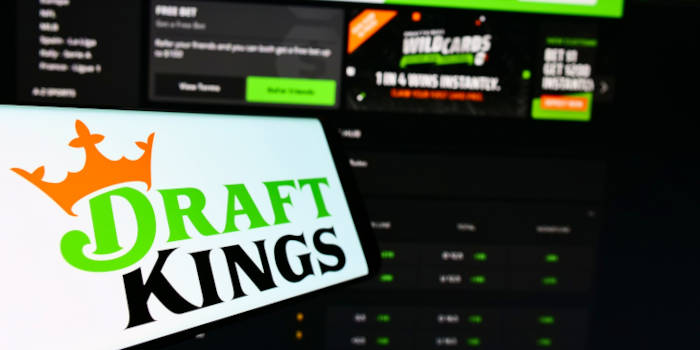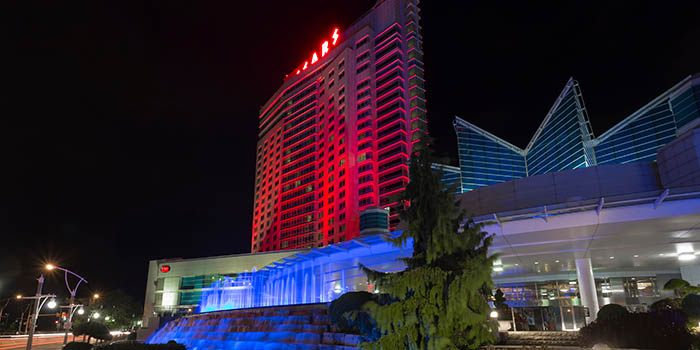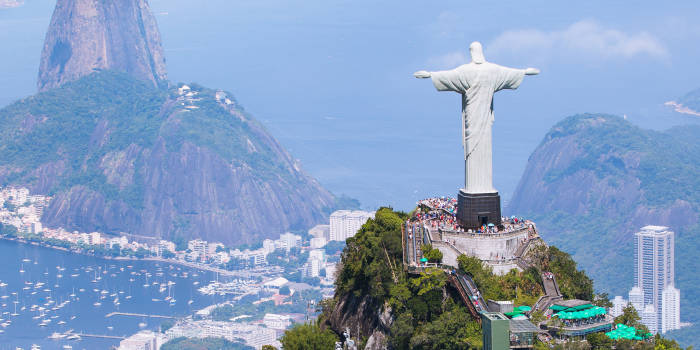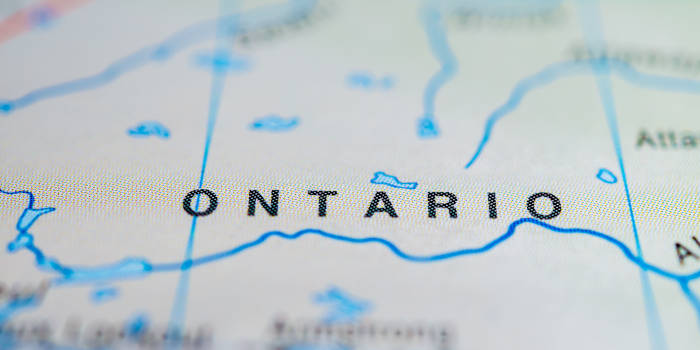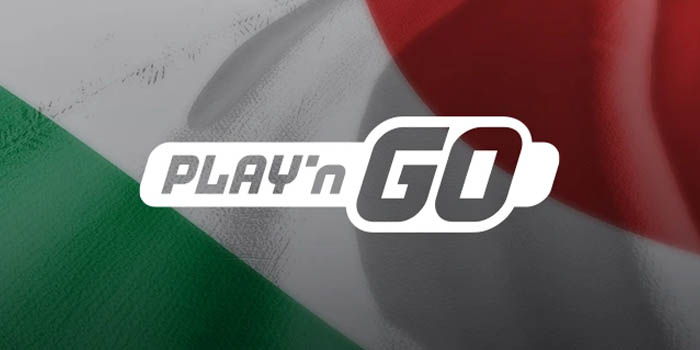JP Morgan: Macau Operators Already Profitable
Macau’s operators are already profitable, reaching 50% of pre-pandemic levels, according to a JP Morgan analyst

They say one swallow doesn’t make a summer, so Macau has been very proactive to diversify its efforts in restoring the SAR to its previous status as one of the best tourist spots for gambling aficionados.
Operators Profitable Again
The investment bank’s analyst – DS Kim – provided a weekly update sharing numbers for the Special Administrative Region’s (SAR) gaming revenue for the first half of January. JP Morgan’s analyst estimates that the gross gaming revenue (GGR) for the period was around MOP$4.3 billion (approx. $535 million). That would come to around MOP$287 million (around $35.6 million) daily.
The GGR of the six licensed operators was boosted by the recent loosening of travel restrictions between the SAR, Hong Kong, and mainland China. Macau’s gambling business has historically been very closely tied to tourism and outside visitors. With the loosened restrictions came an increase in visitors, which naturally boosts the numbers.
Kim’s update underlined the importance of not comparing total GGR and focusing on mass recovery pace instead, as the continued decline in licensed junkets makes total GGR comparisons somewhat inaccurate. The analyst also mentioned the upcoming Lunar New Year holiday, which is expected to boost the SAR’s recovery rate further, according to an IAG report.
JP Morgan updated its Q1 expectations for the SAR’s gambling market performance earlier this month, following the news of the travel restriction update. However, another driving force for the positive outlook was a series of changes that Macau made in order to combat the effects of the pandemic on the gaming market’s performance.
Macau’s Road to Recovery
A big piece of the puzzle is that the new gambling concessions came with a few major changes, which required adjustments on the side of the operators. Although the list of license holders wasn’t changed, the updates did breathe some new life into the conversation, and market participants took notice when creating their projections for the SAR.
For starters, the changes required operators to increase their registered capital from around $25 million to almost $615 million. This brought a big capital restructuring for the newly licensed operators and resulted in a lot more funds being allocated for the international operators’ Macau business arms. This is not all, however.
Operators were required to expand their non-gaming portfolios. Wynn Macau, for example, announced it would be investing $2.2 billion over the next 10 years, with this non-gaming expansion being at the forefront of its plans. This not only expands the operators’ offerings but also enables them to be more resilient to operational conditions negatively affecting a specific vertical.
Macau has also been plagued by a lot of illegal gambling and overall criminal activities, and the government recognized that fact as another limiting factor for investor and tourist interest. Naturally, bringing crime down was another pressing issue that needed to be addressed on the SAR’s path to recovery to, and who knows – maybe even surpassing – pre-pandemic numbers.
Kyamil is a big tech fan, who loves hummus on everything and has enjoyed writing from a young age. From essays, through personal art, to news pieces and more serious tech analysis. In recent years he’s found fintech and gambling collide with all his interests, so he truly shares our core passion for the entire gambling scene and furthering the education of the mass citizen on these topics.


